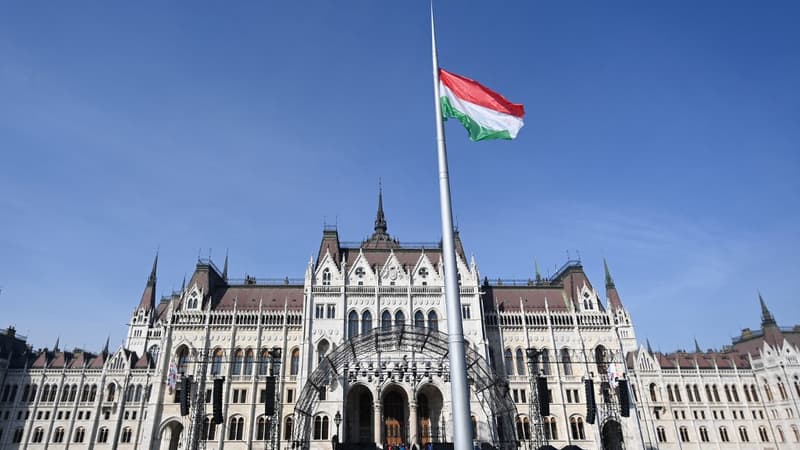Hungarian Justice Minister Judit Varga announced a “technical agreement” with the European Commission on Monday over judicial reforms requested by Brussels, saying she hoped to release European funds in the coming months. “I had a constructive discussion with the Commissioner of Justice” Didier Reynders, the minister wrote on Twitter. “The technical negotiations on our legal commitments have concluded,” he added, saying now that he is awaiting the decision of the entire Commission.
Didier Reynders praised the progress on the same social network. “Internal steps will be followed to review progress,” he said. “The ball is in the court of the European Commission,” Judit Varga continued in the afternoon, during a meeting organized in Brussels by the “think tank” MCC Brussels, financed by the government of the Hungarian nationalist prime minister, Viktor Orban. “For our part, we did our best,” he said.
“I think with this result today, we can stick to the agenda that [le négociateur hongrois Tibor Navracsics] has raised, that is to say that in the second part of this semester we can really enter into the procedure for obtaining cohesion funds, part of the cohesion funds”, he said.
“Let’s take one at a time”
In total, almost 22 billion in cohesion funds owed to Hungary for the period 2021-2027 were suspended last December by the EU until Budapest carried out reforms aimed at improving the independence of the judiciary, in particular. These judicial reforms are also part of the conditions for the payment by Brussels of the 5.8 billion European subsidies provided for in Hungary’s post-Covid recovery plan.
Discussions between Didier Reynders and Judit Varga focused specifically on these latter funds, Christian Wigand, a spokesman for the Commission, said during a daily press briefing. “Let’s take one at a time,” he insisted. Brussels, which has long been concerned about possible misappropriation of EU funds and corruption in Hungary, has laid out a very strict roadmap comprising 27 “super milestones”, including several to strengthen the independence of the judicial system and “eliminate undue influence.”
Among the recommended measures, it is a question in particular of strengthening the power of the National Council of the Magistracy (OBT) “in order to limit arbitrary decisions in the management of the courts”, reforming the functioning of the Supreme Court and complying with European legislation. In the midst of an economic downturn while inflation is the highest in the EU (more than 25% in March year-on-year), Hungary is in dire need of this money.
While they hail the steadfastness shown in Brussels, anti-corruption activists have few illusions after more than a decade of “illiberal” transformation of this Central European country of 9.7 million under the aegis of nationalist Prime Minister Viktor Orban.
Source: BFM TV


